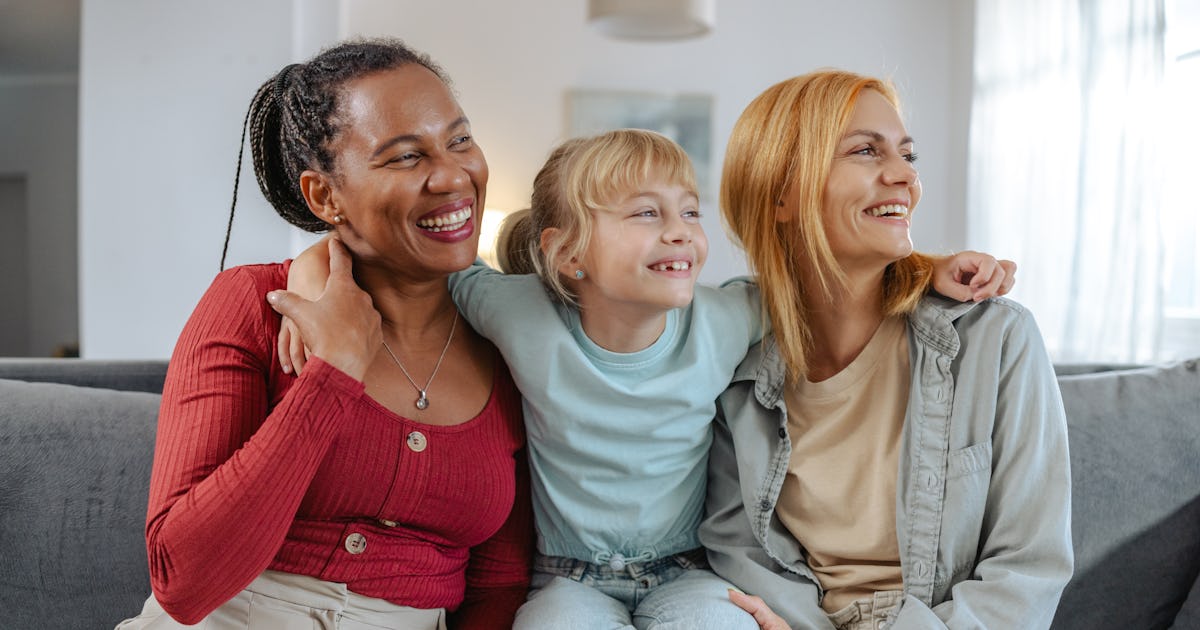Families come in many shapes and sizes, and one dynamic that received a closer look in a recent study is “elective co-parenting,” or when two or more people decide to raise children together outside of a romantic relationship.
Elective co-parenting has long been practiced in the LGBTQ+ community, but what is new is that it’s growing prevalence among heterosexual parents. Sites like Pride Angel, Modamily and PollenTree have also sprung up in recent years, which help people looking to be parents connect with potential co-parents.
People may choose this non-traditional path for a number of reasons.
“For some parents, elective co-parenting is plan B, while for others the appeal is shared parental responsibilities with more freedom and equality,” said Sarah Foley, one of the study’s authors. “Some parents felt co-parenting could offer greater stability than parenting within a romantic relationship, as the latter could end in divorce.”
The recent rise in parents seeking elective co-parenting arrangements prompted researchers to look into the psychological effects elective co-parenting, and meeting co-parents online, has on children and families.
Based on the results published in Reproductive Biomedicine Online, it seems that this alternative family dynamic functions just as well as the nuclear family.
The researchers administered questionnaires to 13 elective co-parent families where the parents met online, and 10 where the parents knew each other previously. Children in the families ranged from 3 months to 11 years old. The family make-up varied, with nine families having two heterosexual parents, four families having one heterosexual and one LGBTQ+ parent, and 10 families with two or more LGBTQ+ parents.
The questionnaire collected data on the psychological health of the parents and the child, as well as the quality of the parents’ coparenting or romantic relationship, if any of the parents were in romantic relationships.
The researchers found that for the parents, scores for depression, anxiety, parenting stress, resilience, perceived social support and couple relationship satisfaction were all within the normal range when compared to the general population. Children’s average competencies, behavioral and emotional problem scores were even considered low risk compared to population norms.
They also did not find a significant difference in psychological well-being between the families who met online versus who knew each other previously.
Also of note was that, when compared to divorced parents, elective co-parents showed higher levels of communication, cooperation and mutual respect with each other — which makes sense.
“These results underscore ideas that dynamics such as conflict or poor co-operation after separation or divorce may compromise parent and child well-being. Starting a family outside a relationship or not living with your co-parent may in fact be a safer bet,” Foley said.
Foley and her team noted that the research would need to be replicated by others, and that they would have to check in with families down the line to ensure the accuracy of their results. In addition, it’s important to note the small size of the study. But so far, so good, for elective co-parenting!

